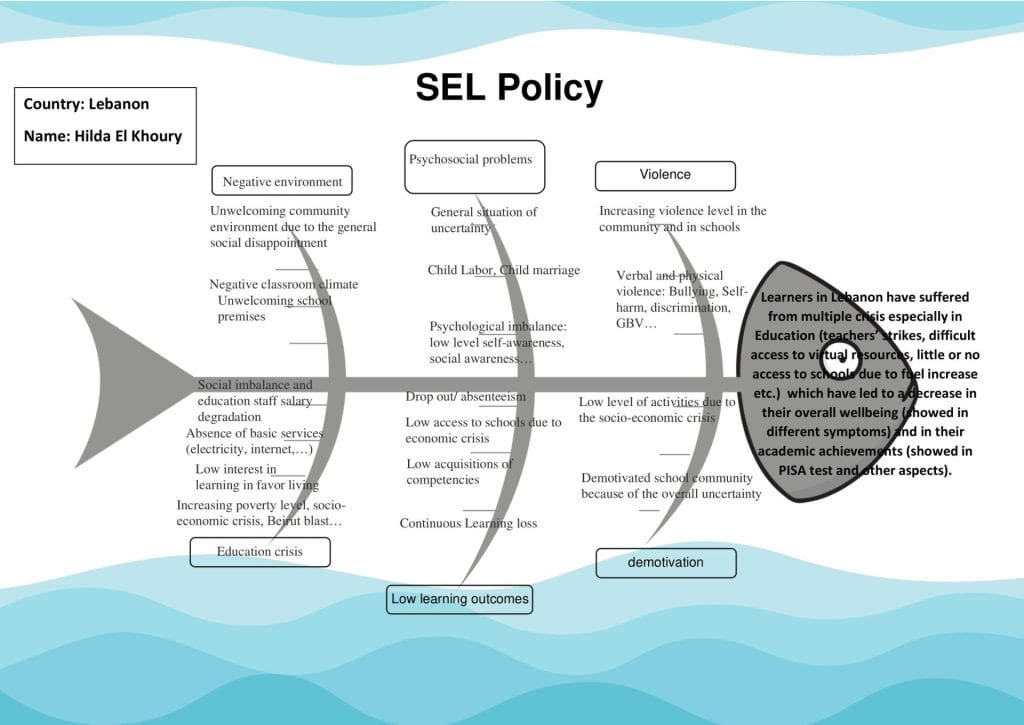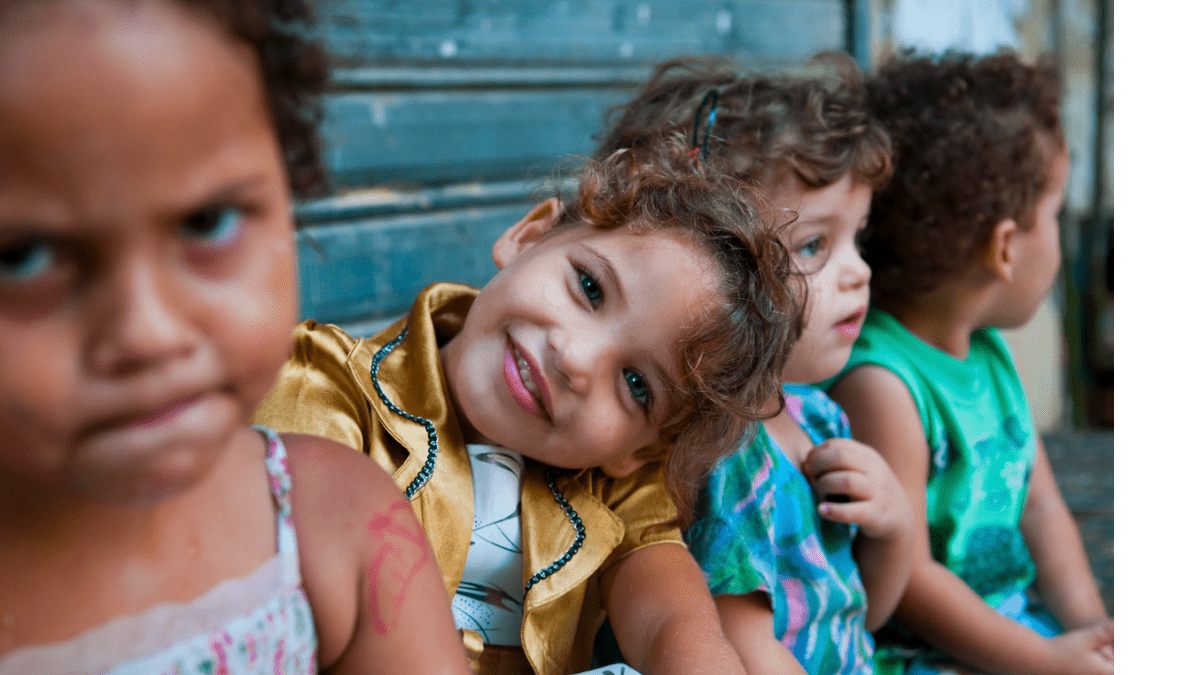Guest blog by Hilda El Khoury, IPP’23
The main key learnings from this course were many; among them I can name “taking risks on things we care about, and disappointing people in a way they can absorb”. This message became a continuous alarm for me, I keep assessing what could be the threshold of people I work with and those I work for, in the middle of all the unknowns that we are experiencing in the region. Sometimes, disappointment reaches me first, especially when it comes from the system. So, I have to absorb it first, manage it, mitigate its damage, then pass the absorbable disappointment to my team.
Another key learning was the importance of people’s acceptance in a good policy implementation, not just the document or the plan (which is in most cases the main deliverable). People’s acceptance makes real progress, not their fear of accountability/punishment.
Another key learning was the iterative modality, which was not a part of our thinking as stakeholders. Usually, we were driven by the plan and control, and stressed out by not reaching the main deliverable; now we are more focused on fixing the problem or a part of it, and we are more flexible about the “how.”
The challenges are at different levels, starting from keeping different teams motivated and updated, especially when many people are quitting the public sector due to the deterioration of the economy. So, when people quit, I have to replace them with new ones who are not necessarily aware “enough” of the importance of wellbeing, nor have the ability for that, and who don’t have the needed attitude (acceptance) to move forward in limited time.
Another challenge was the allocation of time needed for the existing staff who are responsible for many other tasks due to staff shortage.
Moreover, most policies need the designation of some people to follow up on operational tasks, sometimes the regulations are the barriers (absence of the needed responsibilities in the text, e.g. absence of the position of school counselor); which would require “creativity” until the regulations would be updated.
And another hidden challenge, is that the “creativity procedures” have to obey parallel/undercover “sectarian (religious and political) agreements”.
I noticed that the problem (“The jeopardized students’ wellbeing”) is extended beyond the Ministry of Education’s jurisdictions or mandate, especially recently. Due to different political and economic degradation, most of the attention has shifted to the concrete basic needs (food, beverage, heat, clothes, shelter etc.), while wellbeing has become a luxury. Many levels of the triple A have to be more focused on the connections outside the Ministry of Education such as the Ministry of Social Affairs, the Ministry of Public Health, but mostly connecting with NGOs and donors since they are the only entity that has meaningful resources. So, I have engaged in more coordination with INGOs and UN agencies that have already worked with us, and I have reached out to new ones that focus on mental health such as those related to mother and childcare.
As for my fishbone, I think that it is still the same as last time, but more effort and work needs to be developed through the entry points related to NGOs, so the change is in the efforts allocated to some of the entry points, more than changing them.
PDIA has helped me think of designing continuous connections and reaching out to different stakeholders, as well as to listen more to people from the field. Acceptance is very powerful at all levels, not just at the level of stakeholders.
On another level, we were planning to empower the Ministry of Education by limiting the role NGOs, after PDIA I started thinking of designing a continuous collaboration with the private sector and with different NGOs, since we need every effort in the country.
On the personal level, I gained more tolerance than the plan and control approach that is widespread in our culture, and I became more aware of the existence of different types of alternatives that could come from listening to different people.
PDIA is a very successful approach in different domains, not just the professional ones; even in personal life, decision making could be challenging and looking for resources in an iterative adaptive way could bring about improvement in small steps.
Actually, I started using PDIA by practicing my “connector” side, within and outside the Ministry of Education, with stakeholders and with people from the field since “implementation is about people”. I also started unpacking unknowns (what part is unknown in the whole thing and where we could have an entry point).
I also notice that productive sustainability can’t be but iterative adaptation; plans need to be flexible, especially in unstable contexts. Currently, we are engaged in developing and updating different policies where Social and Emotional Learning Policy was the opportunity for taking this course, and where I started applying PDIA.
In the future, I will be based on PDIA in every policy making, highlighting people and people’s opinions, then the process and the product. For example, I think of updating the Child Protection Policy and the Inclusion Policy based on PDIA approach as well as developing the Mental Health policy based on PDIA.
For the fellows I would say: PDIA is an enriching journey, learn from it as much as you can, start by applying the concepts right away to expand your muscles, take risks and make sure that you are still under the threshold of disappointment. Focus on small successes and listen more.
Some challenges may seem related to your contexts, but when we dig deeper, we notice that most of the main challenges are “universal”.

This is a blog series written by the alumni of the Implementing Public Policy Executive Education Program at the Harvard Kennedy School. 47 Participants successfully completed this 7-month hybrid program in December 2023. These are their learning journey stories.
